Photos
PHOTO STORY: Breaking the Cycle to End Fistula in Nepal
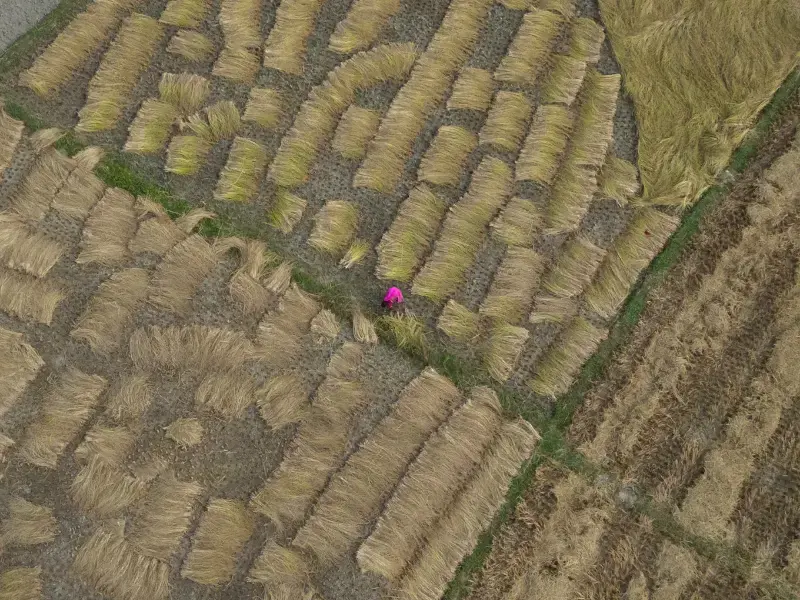
For women living in rural areas, accessing high-quality care during labour and birth is often an insurmountable challenge, with health facilities miles away and limited transportation options.
©UNFPA/Ruom/ Luke Duggleby
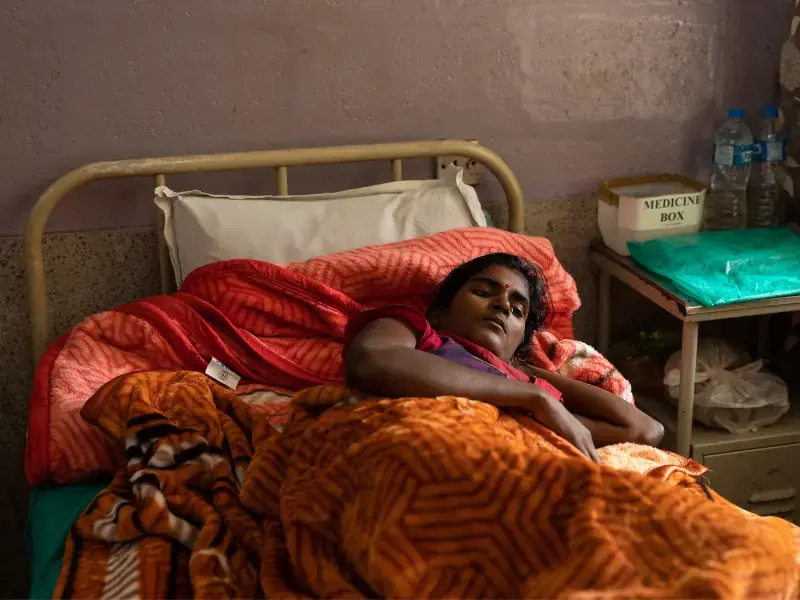
Limited access to emergency obstetric care can result in one of the most dreadful consequences of prolonged, obstructed labour - Obstetric Fistula.
Obstetric fistula is a childbirth injury - a tear between a woman’s birth canal, bladder and/or rectum, resulting in uncontrollable leaking of urine and feaces.
©UNFPA/Ruom/ Luke Duggleby
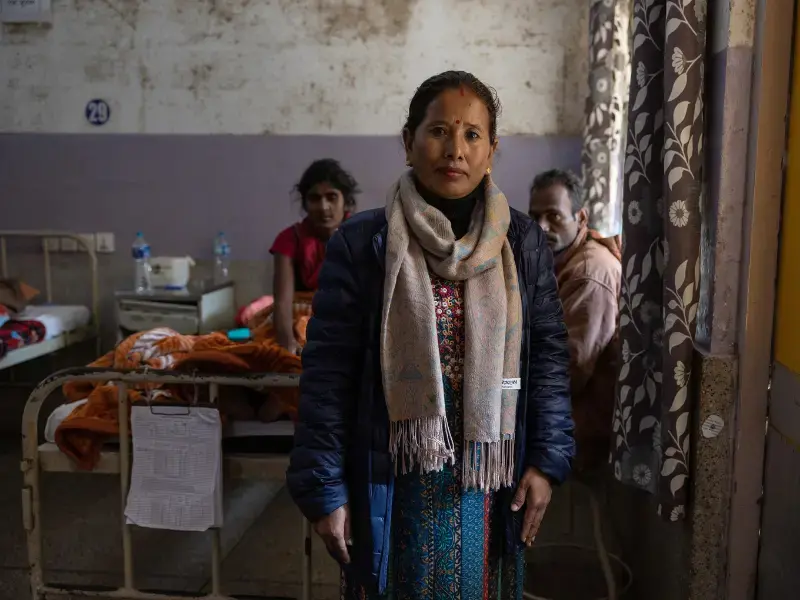
“Those suffering from fistula have their own physical pain, as well as social stigma” explains Sunita Chowdrey, one of Nepal’s Community Engagement Officers, who counsels women living with the condition.
©UNFPA/Ruom/ Luke Duggleby
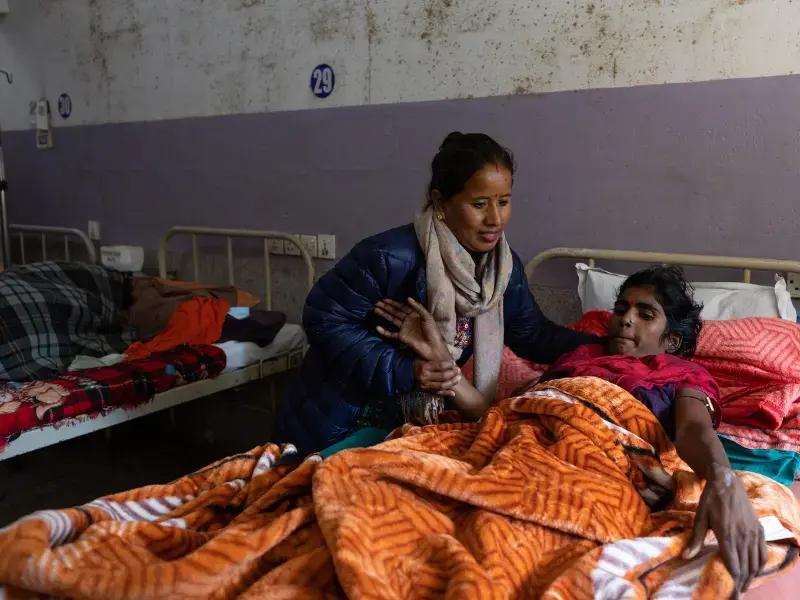
“The women are accused of being dirty, and the family cannot deal with that [fistula], so they kick them out of the house”, Sunita continues.
©UNFPA/Ruom/ Luke Duggleby
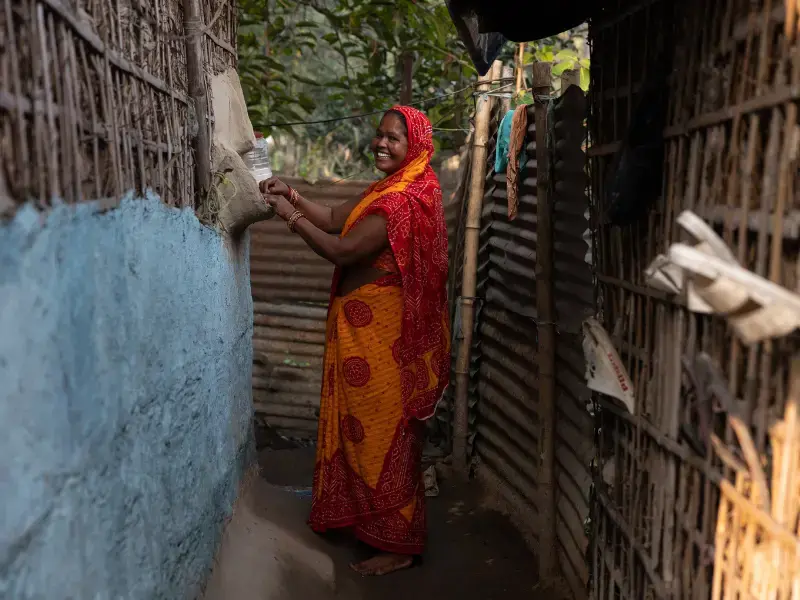
However, there is hope for women living with obstetric fistula - surgical repair, counselling and rehabilitation. Tara Mandal in Biratnagar, Nepal, is one of the women receiving UNFPA support to manage her obstetric fistula.
©UNFPA/Ruom/ Luke Duggleby
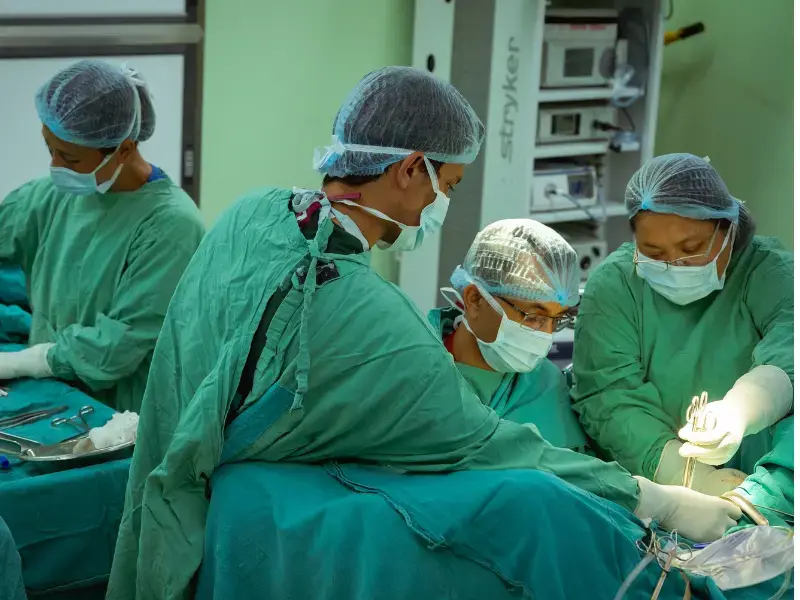
UNFPA works with surgeons, doctors and midwives to ensure thousands of women can get access to this life-changing surgery - such as in the B.P. Koirala Institute of Health Sciences (BPKIHS) in eastern Nepal.
©UNFPA/Ruom/ Mailee Osten-Tan
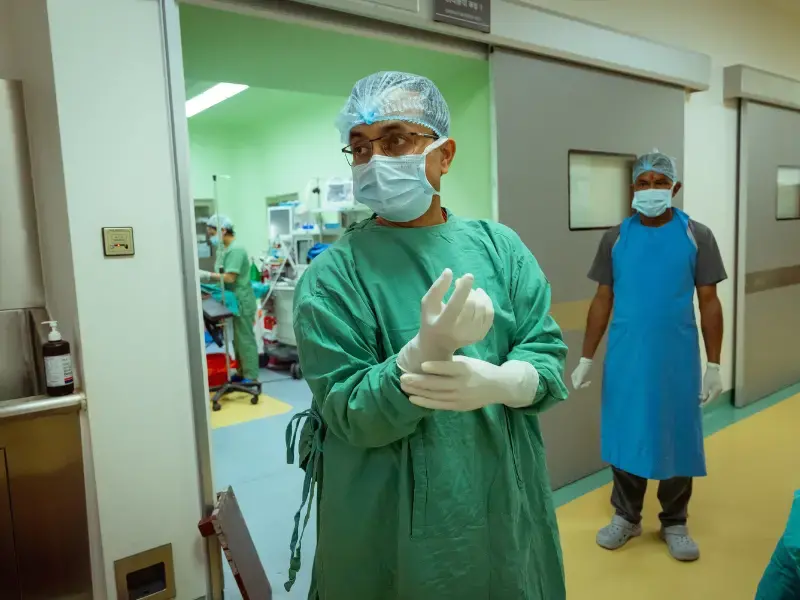
“Fistula repair is usually a difficult surgery” explains Dr Mohan Regmi, uro-gynaecologist at BPKHIS. “My patients are very poor, so the economic barrier will be the most prominent barrier preventing them from coming into the hospital,” he says.
©UNFPA/Ruom/ Mailee Osten-Tan
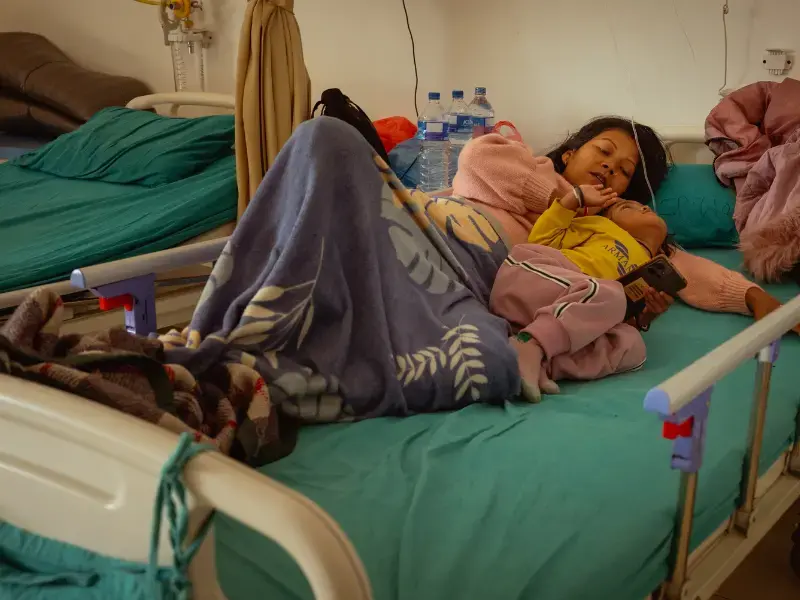
Furthermore, early, child and forced marriages exacerbate the issue: in some areas of Nepal, girls “usually get married by the age of 12 or 13. If they are married early, then they conceive early and have pregnancies even before they are fully mature. That will lead to complications - and one of the dreadful complications is obstetric fistula” Dr Mohan continues.
©UNFPA/Ruom/ Mailee Osten-Tan
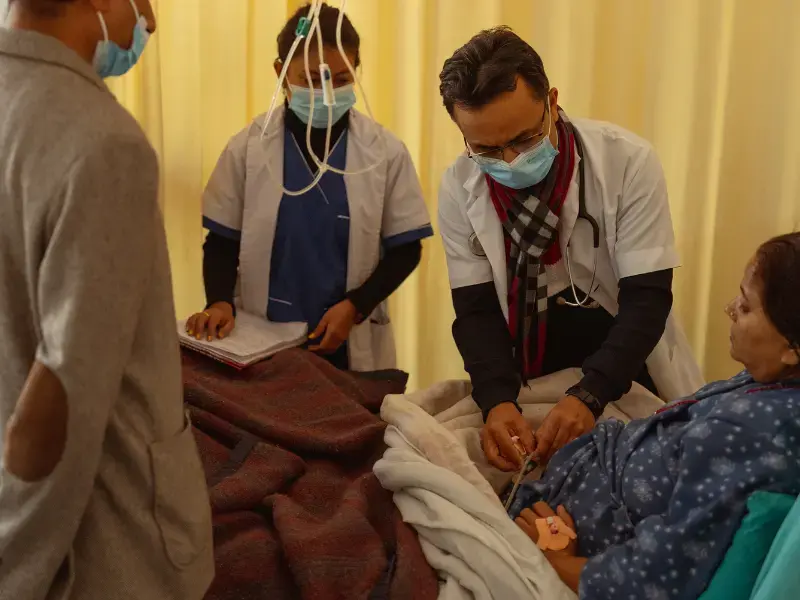
Yet, fistula is not only treatable but also fully preventable: access to skilled healthcare during labour and birth, increased awareness to seek early care during birth complications, and eliminating the practice of early, child and forced marriages can all make a difference against this condition.
©UNFPA/Ruom/ Mailee Osten-Tan
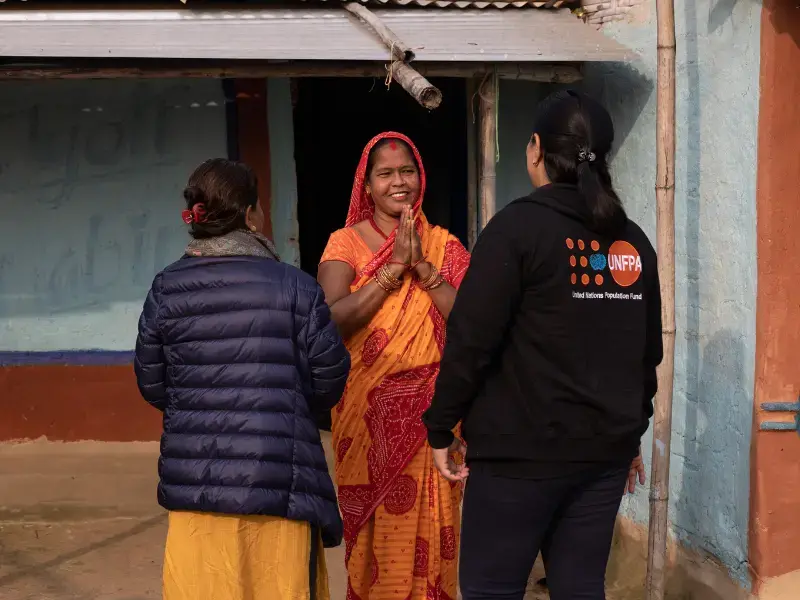
In Nepal and globally, UNFPA is on the ground to ensure that women can get access to the care, rehabilitation and support they need to overcome this traumatic injury.
©UNFPA/Ruom/ Luke Duggleby

